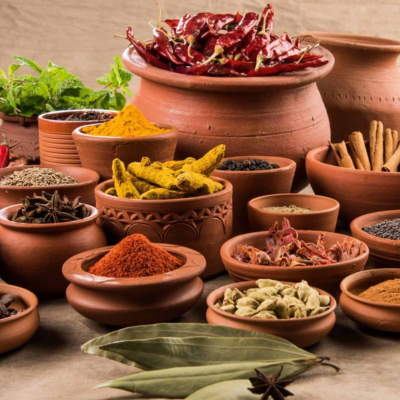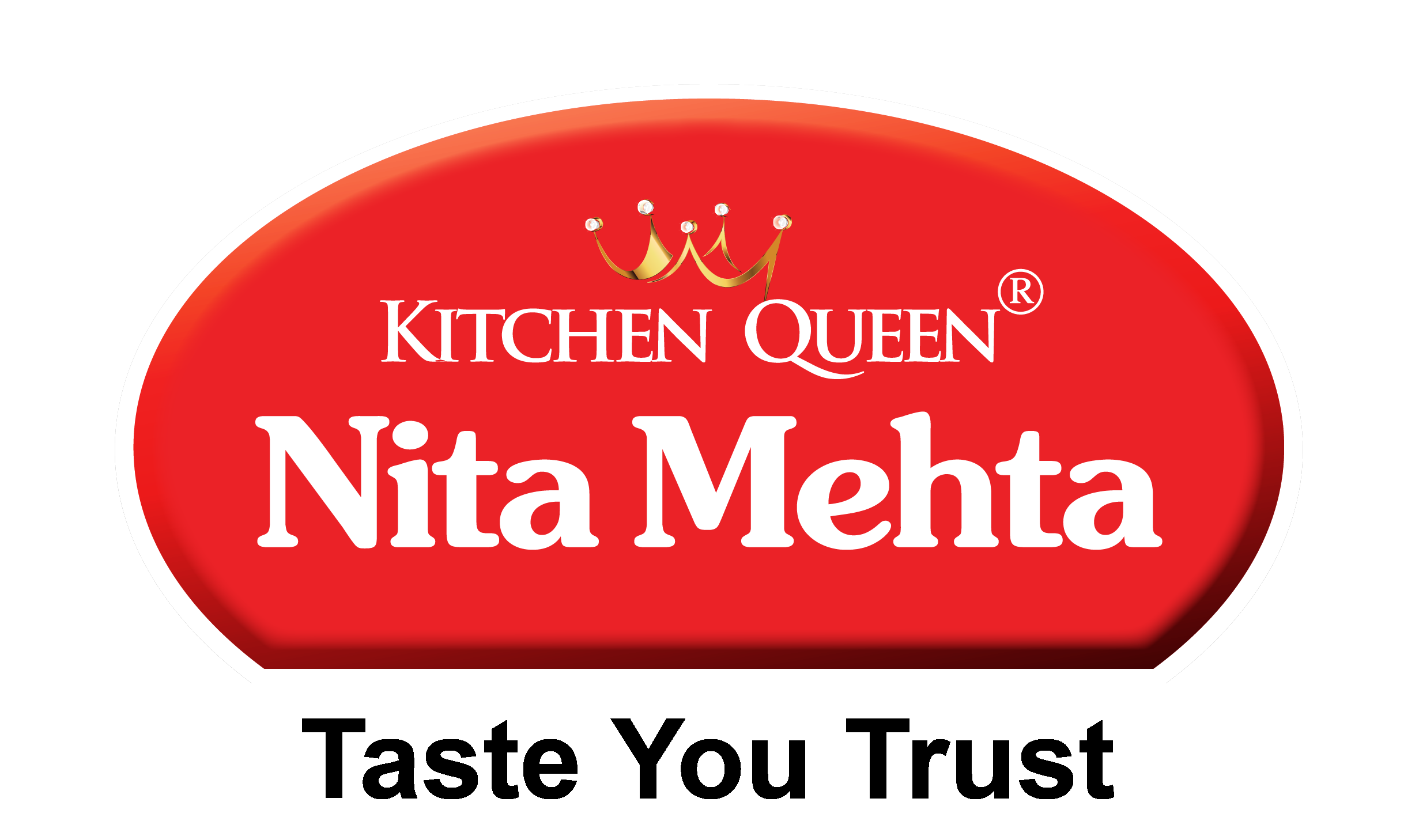10 Indian spices and their medicinal uses

Chefs across the world are fond of Indian cuisine for their unique flavors and aromas. Undoubtedly, the secret ingredients working behind are none other than the Indian spices! Moreover, apart from imparting rich flavors, they also give distinct taste and color to the food when used differently. This proves the authenticity, versatility, and specialty of Indian spices.
In this blog post, let’s get to know what the top ten Indian spices are and discover their medicinal properties in Ayurvedic medicine and Indian cuisine. You can also buy authentic Indian spices online from Nita Mehta.
- Haldi or turmeric
- Black pepper
- Cumin or jeera
- Fennel or saunf
- Cinnamon or dalchini
- Coriander or dhania
- Hing or asafoetida
- Cardamom
- Methi or fenugreek
- Mirchi or chilli
Haldi or turmeric
It is an earthy spice in a vibrant yellow color with strong anti-inflammatory and antioxidant properties. Curcumin is the compound accountable for these properties in this turmeric/haldi powder.
Black pepper
One of the aromatic spices that have a huge set of health benefits including improved digestion, brain health, and inflammation recovery. Besides these benefits, piperine in black pepper powder also aids in the fight against the body’s free radicals.
Cumin or jeera
The flavonoids present in cumin help neutralize free radicals, prevent heart diseases, lower blood sugar, and treat diarrhea. This makes jeera powder the most used spice in Indian cooking.
Fennel or saunfs
Fennel or saunf powder is the best remedy for indigestion. Also, it helps treat menstrual, respiratory, anemia, and bowel problems. Every restaurant or hotel has fennel seeds as a mouth or breath refresher—ideally to help digestion.
Cinnamon or dalchini
Very popular among diabetic patients, this spice greatly controls blood sugar levels and improves heart health. Also, cinnamon or dalchini powder helps in treating diarrhea, and tooth or gum diseases.
Coriander or dhania
Corainder or dhania powder is an essential spice for everyday curries or gravies made at home. They help increase appetite, lower blood pressure, improve bone health, treat wounds, enhance kidney function, etc.
Hing or asafoetida
It is the major spice that helps treat bloating, gas, bronchitis, and asthma. In addition, this hing also treats intestinal worms and bowel syndromes.
Cardamom
This is one of the favourite Indian spices when it comes to Indian sweets. The aromatic pungent flavor is a must for Indians—not just for mouth-watering moments, but to help with anti-inflammation, loss of appetite, gas formations, blood pressure control, etc.
Methi or fenugreek
A must-use Indian spice for the betterment of women’s health. This spice features properties that treat menstrual cramps, increase breast milk for new mothers, and support digestive health.
Mirchi or chilli
Capsaicin is the compound that adds flavor to this spice. Red chilli powder help relieve numbness, arthritic swelling, and muscle cramps.
Other Common Spices in India
Apart from the major Indian spices listed above, other spices that are used in Indian cuisines on an everyday basis are ginger, garlic, amchoor, garam, etc.
Together, ginger and garlic are essential and best-combined spices. They are rich in antioxidants and feature high levels of anti-inflammatory properties. However, they are also used separately based on specific recipes.
On the other hand, amchoor powder is a distinctive spice used as a souring agent when it comes to marinating. It is nothing but dried mango powder.
There is another significant spice called ‘garam’ which is a popular flavor when it comes to Indian snacks. Certainly, the garam powder is a blend of various spices, like cumin, coriander, cinnamon, cardamon, and cloves. Adding this powder stimulates appetite, aids digestion, and helps boost metabolisms. They are widely known as garam masala.






